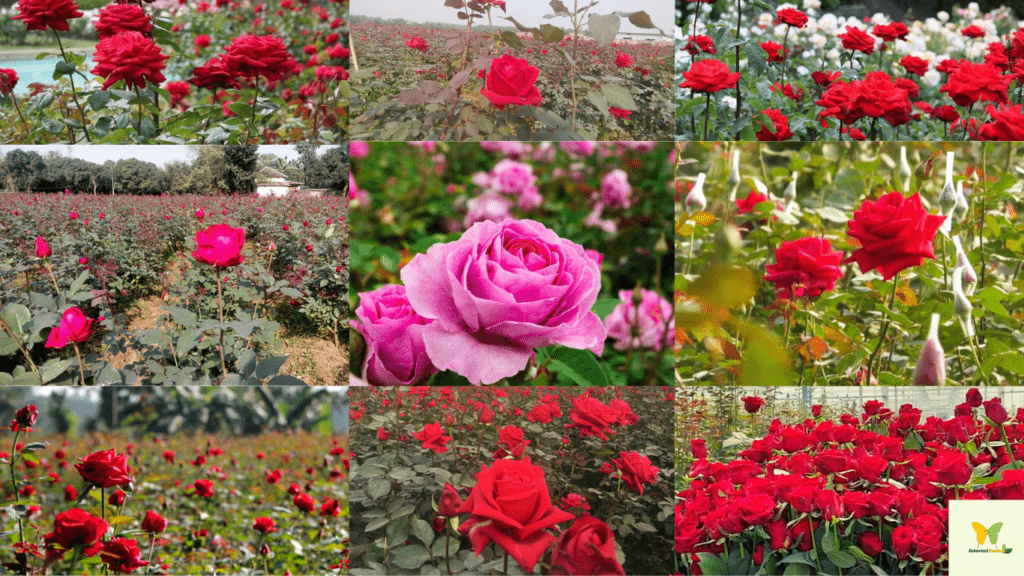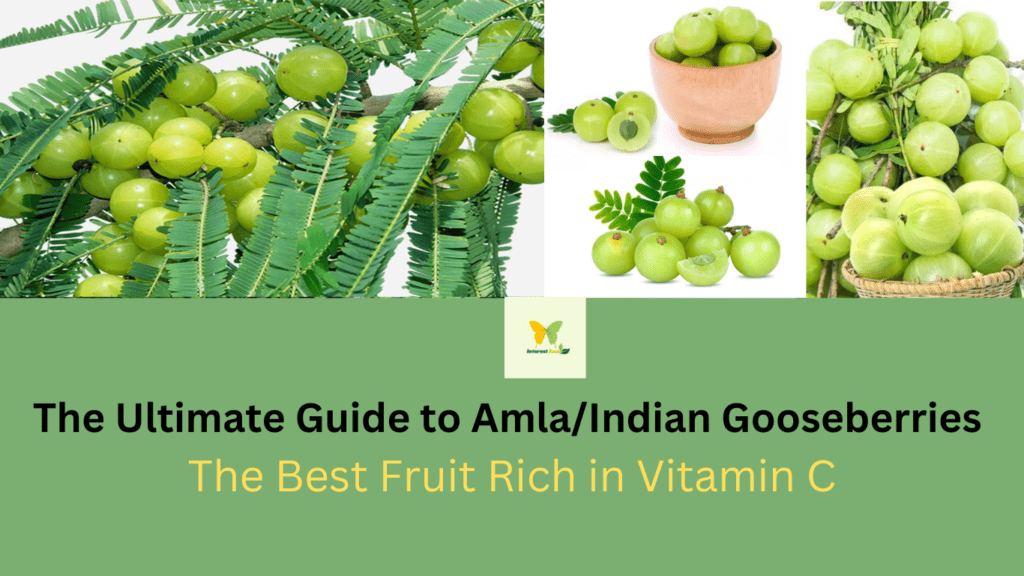Gardening is a fulfilling hobby that lets you connect with the beauty of nature. Moreover, having a vegetable garden can help you cut down on living expenses. If you’re interested in starting a vegetable garden for the first time, don’t worry! Anyone can become a successful gardener with the right guidance and approach. Here are some essential gardening tips for beginners:
Table of Contents
Toggle1. How to prepare the soil for gardening
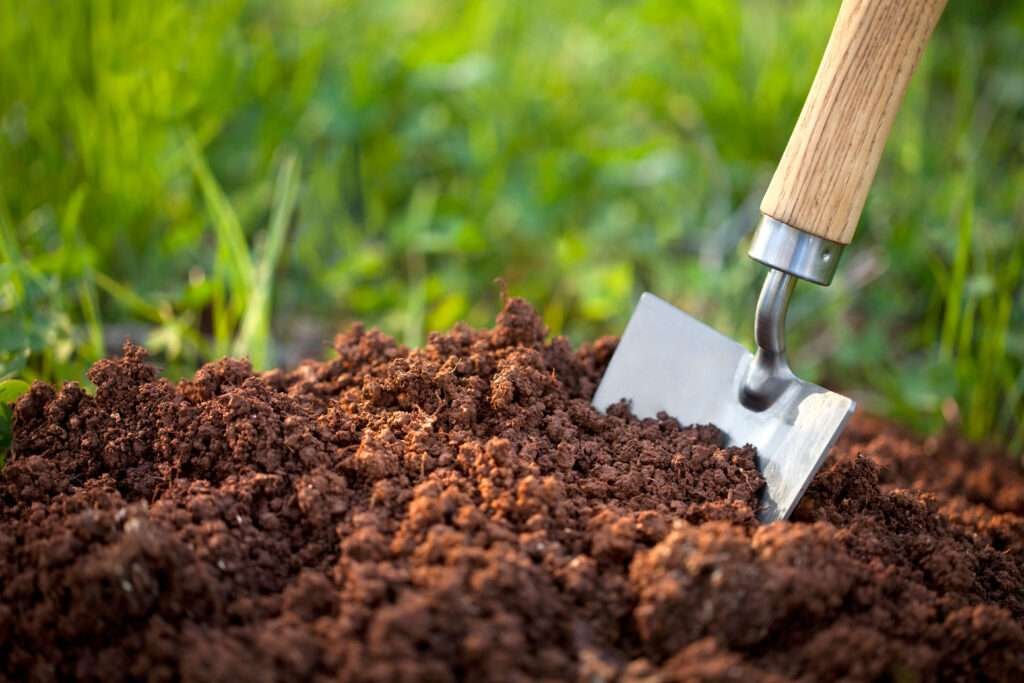
For a successful garden, use well-drained, sandy loam soil and add organic matter regularly over time for nutrients, stability, and drainage.
2. Preparation of Garden Beds
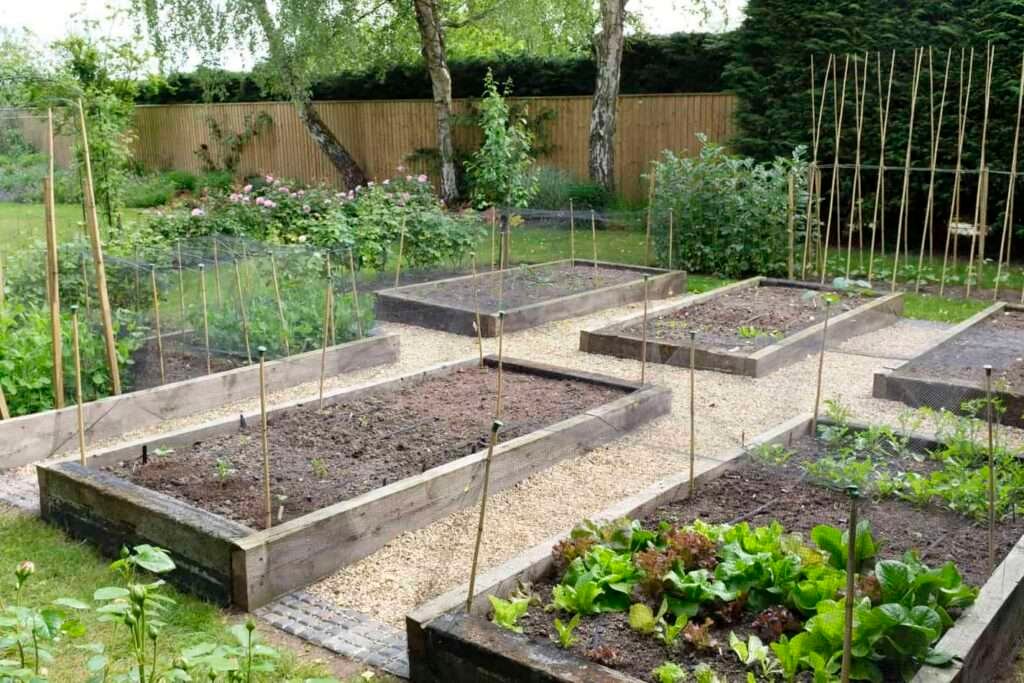
Growing plants in narrow beds is much easier than in wide ones because it allows access to the center without stepping on the soil. You can choose the bed length based on your preferences, but make sure that it is compatible with the space available. For novice gardeners , raised beds are the best option for practicing organic gardening easily.
Apart from other important considerations, “pathways” are also a crucial factor to keep in mind. Ensure that the paths are wide enough for a wheelbarrow to pass through at least one side to reach all beds.
3. Choosing the Perfect Vegetables

Experimenting with different vegetables is a great way to learn and develop skills.
Fast-growing leafy greens, such as arugula, kale, Swiss chard, spinach, bibb lettuce, and microgreens, are a great option for those who have limited space for gardening. These plants can be continually harvested, which keeps them compact and allows for multiple harvests. If you have more space, consider growing root vegetables.
4. Keep pests and diseases away
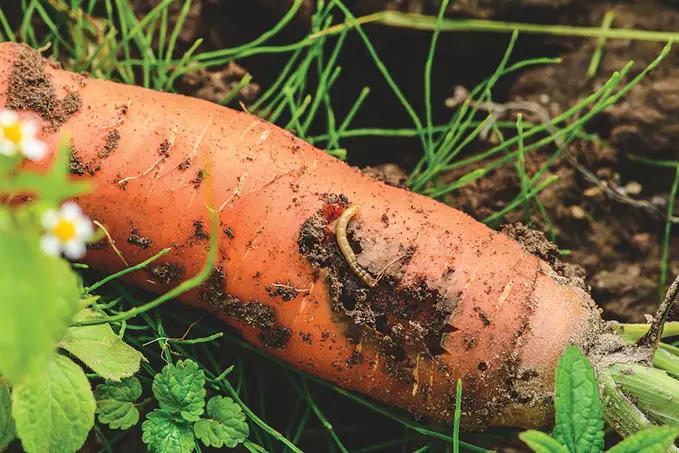
When planting a small kitchen garden, avoid cramming plants together. This leads to poor air circulation and pest breeding. Leave adequate spacing between plants to promote airflow and discourage infestations. You can also use netting to keep larger bugs away, but be aware that it may not protect your crops from smaller insects. Therefore, it’s important to regularly check your plants for signs of infestation.
One effective method to maintain your plants’ health and safeguard them from pests is to water them in the morning. This will keep them well-hydrated during the day’s hot hours and give their leaves enough time to dry, which can discourage pests from attacking them.
Also, harvest your crops when they’re ripe to avoid pests.
5. Fertilizing the Garden
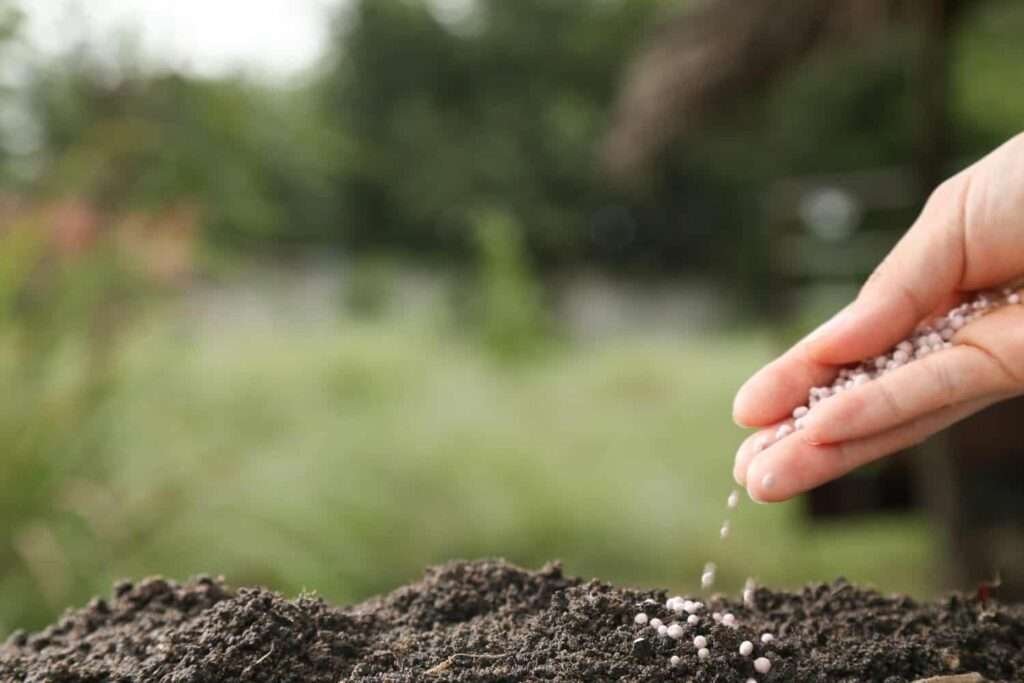
When you are applying fertilizer, be cautious not to use too much. Over-fertilizing can damage the roots of your plants and hinder their ability to absorb water, which can make them more vulnerable to extreme weather conditions like heat, cold, and droughts. To determine the precise nutrient requirements of your plants and soil, it’s crucial to conduct a soil test.
Mulching in spring retains moisture, regulates soil temperature, prevents weeds, and improves soil health.


